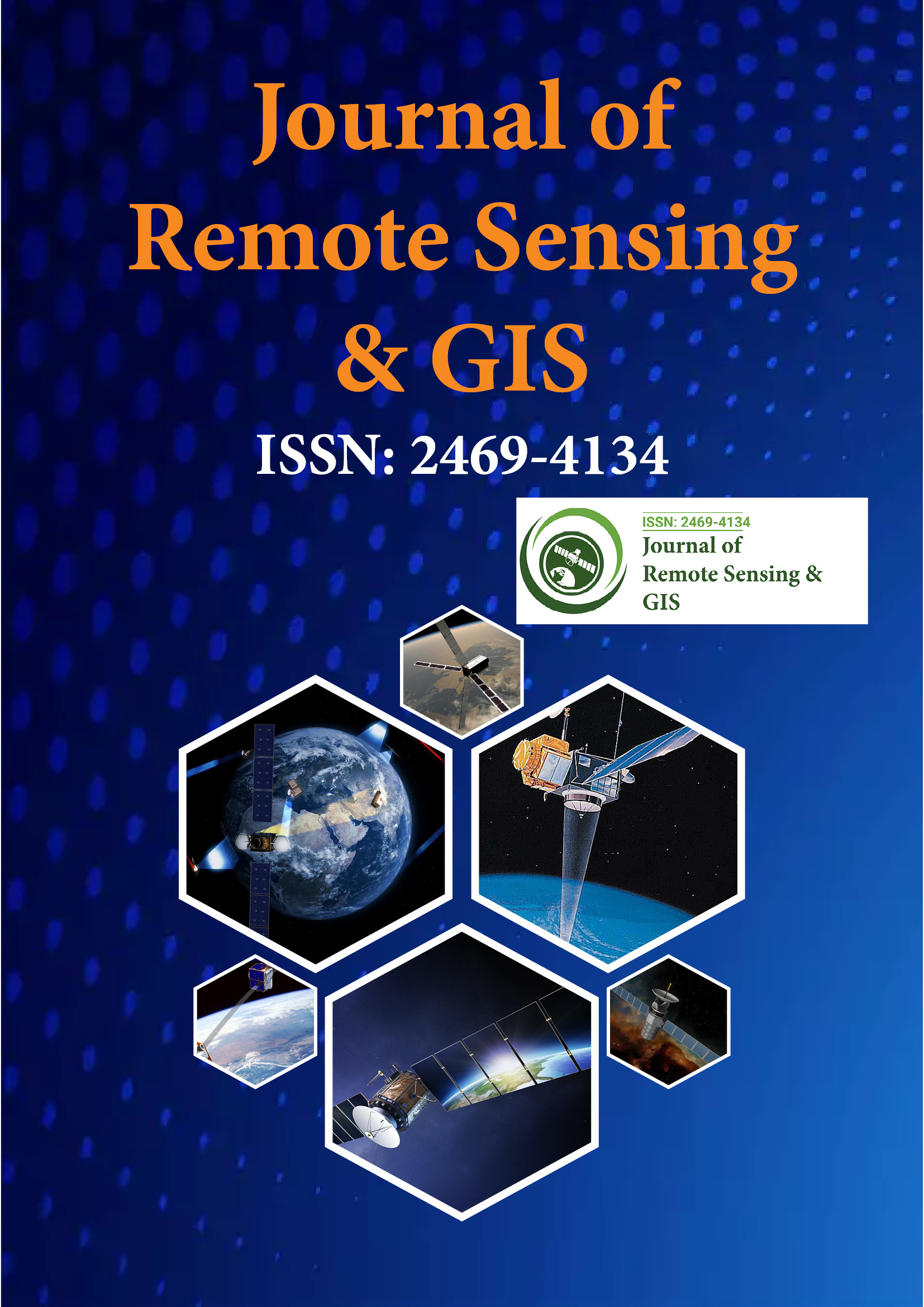Indexado em
- Abra o Portão J
- RefSeek
- Universidade de Hamdard
- EBSCO AZ
- OCLC- WorldCat
- publons
- Indexação Científica Internacional
- Euro Pub
- Google Scholar
Links Úteis
Compartilhe esta página
Folheto de jornal

Periódicos de Acesso Aberto
- Agro e Aquicultura
- Alimentos e Nutrição
- Bioinformática e Biologia de Sistemas
- Bioquímica
- Ciência de materiais
- Ciencias ambientais
- Ciências Clínicas
- Ciências Farmacêuticas
- Ciências gerais
- Ciências Médicas
- Cuidados de enfermagem e saúde
- Engenharia
- Genética e Biologia Molecular
- Gestão de negócios
- Imunologia e Microbiologia
- Neurociência e Psicologia
- Química
Abstrato
Países em Desenvolvimento e a Lei e Política de Deteção Remota
Geoffrey Ogbonna Nwodo, Lotanna Agbo Nwodo e Onah Emmanuel Udochukwu
No momento em que o Espaço Exterior e os corpos extraterrestres foram declarados “património comum de toda a humanidade”, as extensões dos potenciais destes espaços e superfícies extraterrestres ainda não foram determinadas. A Detecção Remota é um dos desenvolvimentos da evolução tecnológica na utilização do espaço que envolve a aquisição directa de informação territorial de locais fora do território alvo. Os desenvolvimentos técnicos tornaram irrelevantes as restrições anteriores à escala, localização, resolução e disponibilidade dos dados. Considerando estes rápidos avanços, a tecnologia de detecção remota é capaz de gerar e fornecer um nível de detalhe de informação que violará o direito individual à privacidade, o que resultará, sem dúvida, numa série de consequências jurídicas e éticas directas. Além disso, os avanços na tecnologia digital e da informação resultaram na rápida distribuição de informação à comunidade global. A prática da deteção remota tem sido difícil de justificar com base no Princípio do Património Comum e tem dado origem a questões políticas e jurídicas relativas aos direitos dos Estados “detectados” e dos seus cidadãos. Este artigo descreve a posição dos países em desenvolvimento no esquema de teledetecção e o efeito da teledetecção nos direitos dos Estados e dos seus cidadãos, na teoria e na prática.